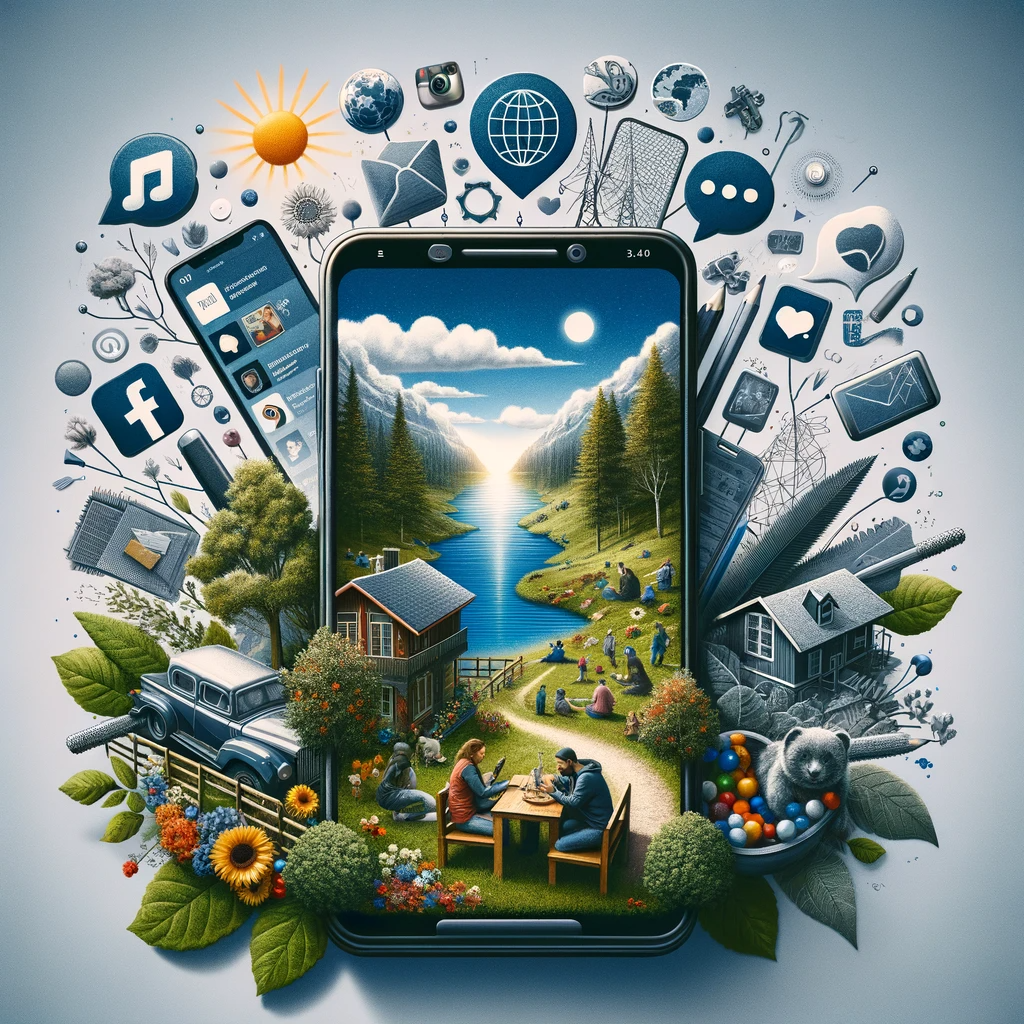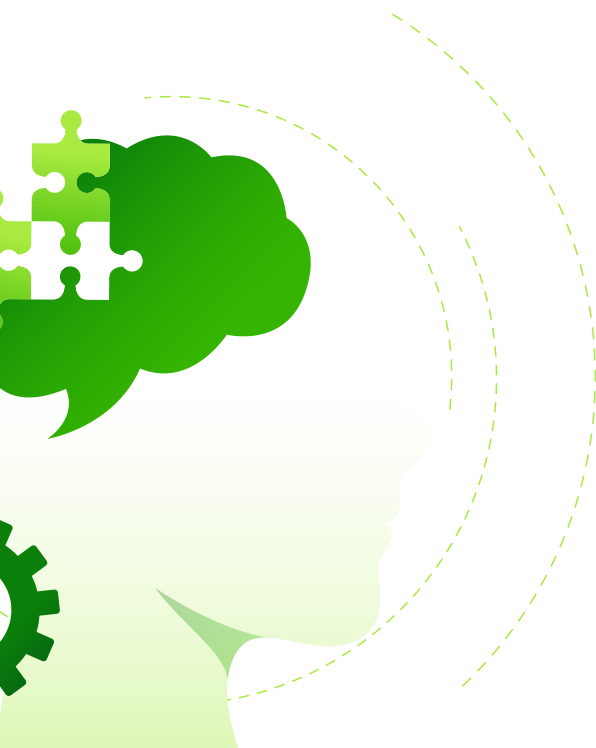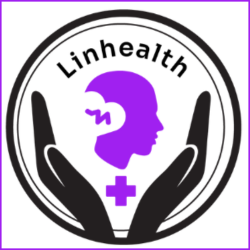
December 8, 2024
Introduction
In the digital era, social media and technology have become ubiquitous in our lives, offering unparalleled connectivity and access to information. However, this digital revolution also brings with it significant challenges to our mental well-being. This blog explores the intricate ways in which social media and technology impact our mental state and offers strategies for healthier digital consumption.
The Dual Faces of Social Media
Connectivity vs. Isolation: While social media platforms connect us with friends and global communities, paradoxically, they can also lead to feelings of isolation and loneliness. The curated nature of social media often presents an unrealistic portrayal of life, leading to comparisons and dissatisfaction with our own lives.

Instant Gratification and Dopamine: Social media platforms are designed to capitalize on dopamine-driven feedback loops. Likes, shares, and comments on our posts provide instant gratification but can also lead to addictive behaviors and a constant need for validation.
The Dark Side of ‘Always Connected’
Information Overload: The incessant stream of notifications and information can be overwhelming, leading to stress, anxiety, and a reduction in our ability to focus and process information deeply.
Sleep Disturbance: Excessive use of technology, especially before bedtime, disrupts sleep patterns due to the blue light emitted by screens. Poor sleep can exacerbate mental health issues such as depression and anxiety.
Cyberbullying and Online Harassment
Online platforms can unfortunately be breeding grounds for negative behaviors like cyberbullying and harassment, which have profound impacts on mental health, particularly among adolescents and young adults.

Social Media and Body Image
Platforms that heavily emphasize visuals, like Instagram and TikTok, can perpetuate unrealistic body standards, leading to issues with body image, self-esteem, and in extreme cases, eating disorders.
The Paradox of Choice
The endless choices presented by the internet can lead to decision fatigue and a sense of dissatisfaction, as we are constantly aware of
The Paradox of Choice
The endless choices presented by the internet can lead to decision fatigue and a sense of dissatisfaction, as we are constantly aware of what we are missing out on. This “Fear of Missing Out” (FOMO) can lead to anxiety and a perpetual sense of inadequacy.
Impact on Attention Span and Productivity
Constant notifications and the multitasking nature of digital platforms can lead to shortened attention spans. This digital distraction reduces our productivity and can impact our cognitive functions negatively.
The Role of Algorithms in Emotional Well-being
Social media algorithms are designed to keep users engaged as long as possible, often feeding them content that can echo and reinforce their current emotions. This can create echo chambers that amplify negative feelings and beliefs.
Strategies for Healthier Digital Consumption
- Set Boundaries: Limit the time spent on social media. Use apps that track and restrict your usage.
- Mindful Engagement: Be conscious of why you are using social media – whether it’s for relaxation, connection, or information.
- Digital Detox: Regularly take breaks from technology, especially during meal times and before bed.
- Cultivate Offline Relationships and Activities: Engage in hobbies and activities that do not involve screens. Prioritize face-to-face interactions.
- Critical Consumption: Question the content you consume. Remember that social media often presents an idealized version of reality.
- Seek Support: If you find that social media is impacting your mental health, consider speaking with a mental health professional.
Conclusion
While technology and social media have transformed our way of living and provided numerous benefits, it’s crucial to recognize and manage their impacts on our mental health. By understanding these effects and implementing strategies to mitigate them, we can enjoy the benefits of the digital world while safeguarding our mental well-being.




